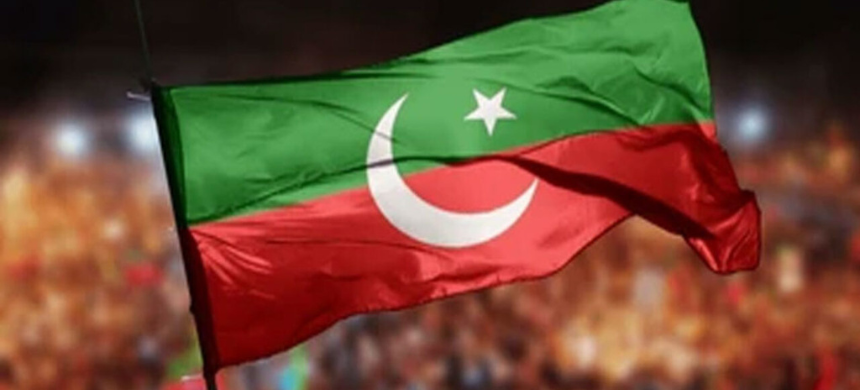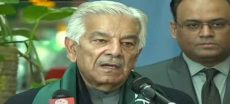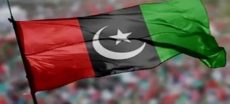PESHAWAR — The Pakistan Tehreek-e-Insaf (PTI) parliamentary party from Khyber Pakhtunkhwa has announced plans to return to Islamabad fully prepared, following the party’s recent setback in the capital.
PTI Leadership Meeting
Reports from local media reveal that a meeting of PTI parliamentary members was held at the Chief Minister’s House, chaired by Chief Minister Ali Amin Gandapur. During the meeting, PTI leadership expressed confidence in the Chief Minister’s leadership and discussed the recent violence against party workers in Islamabad, alongside the ongoing political situation.
Read More: Balochistan Assembly Approves Resolution to Ban PTI
Course of Action
The parliamentary members shared their concerns and suggestions with the committee, emphasizing the need for a renewed strategy to respond to the situation. Some PTI members even advised the Chief Minister to return to Islamabad to address the political challenges and respond with renewed force.
Resignations and Internal Strife
In the aftermath of PTI’s failed protest, several key figures within the party have resigned. PTI Secretary General Salman Akram Raja submitted his resignation, pending approval from Imran Khan. Additionally, Sahibzada Hamid Raza, leader of PTI’s ally Sunni Ittehad Council, also resigned from party committees but pledged to continue supporting PTI and Khan.
These resignations came after intense discussions within the party’s political committees, where Raja was criticized for his failure to mobilize support and organize a successful rally. Internal conflicts, particularly the alleged influence of Bushra Bibi over party decisions, were cited as major factors contributing to the protest’s failure. The leadership’s inability to manage the rapidly changing situation and adapt to the crisis also exacerbated the setback.
Blame and Frustration
Leaders from Punjab held Bibi responsible for the lack of mobilization, citing her strict orders and the imposition of Section 144, which obstructed their efforts to reach Islamabad. Despite attempts to regroup, the central leadership’s failure to guide the party through the crisis led to increasing internal frustration.











